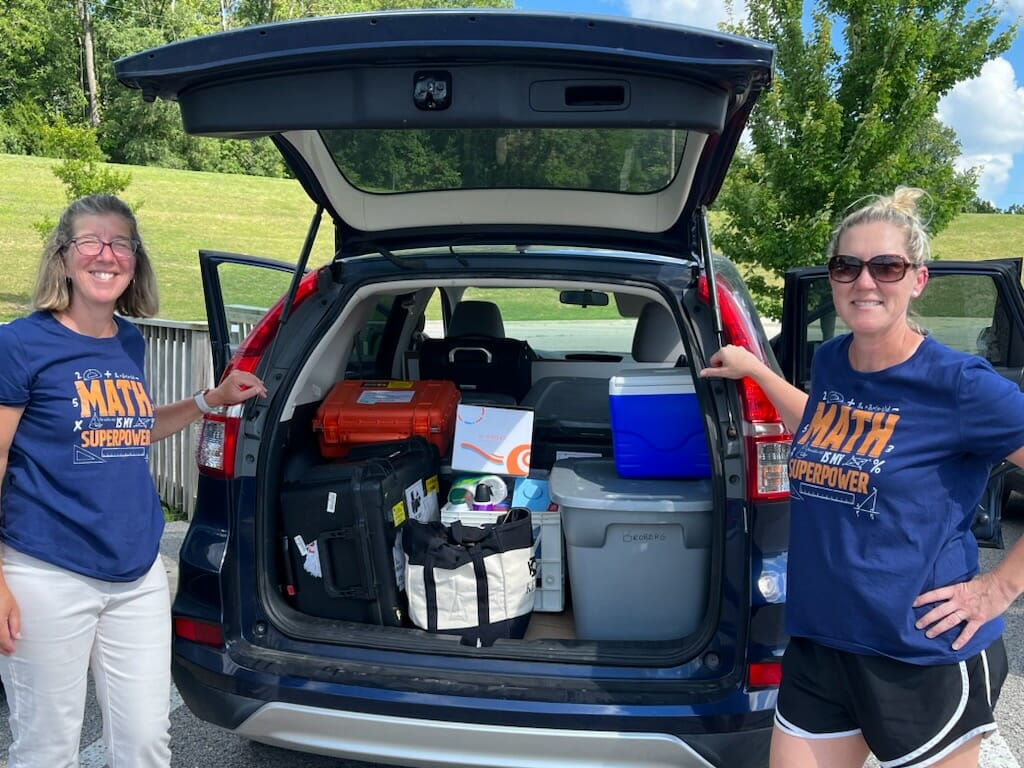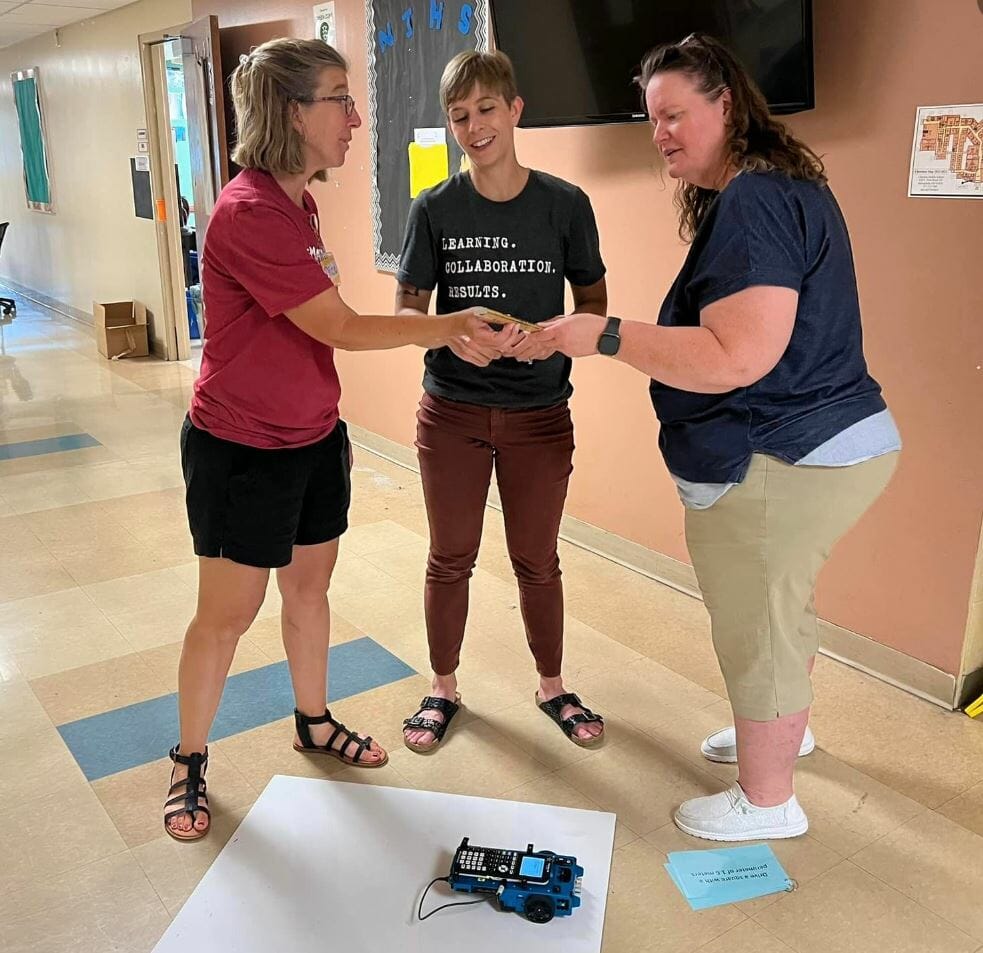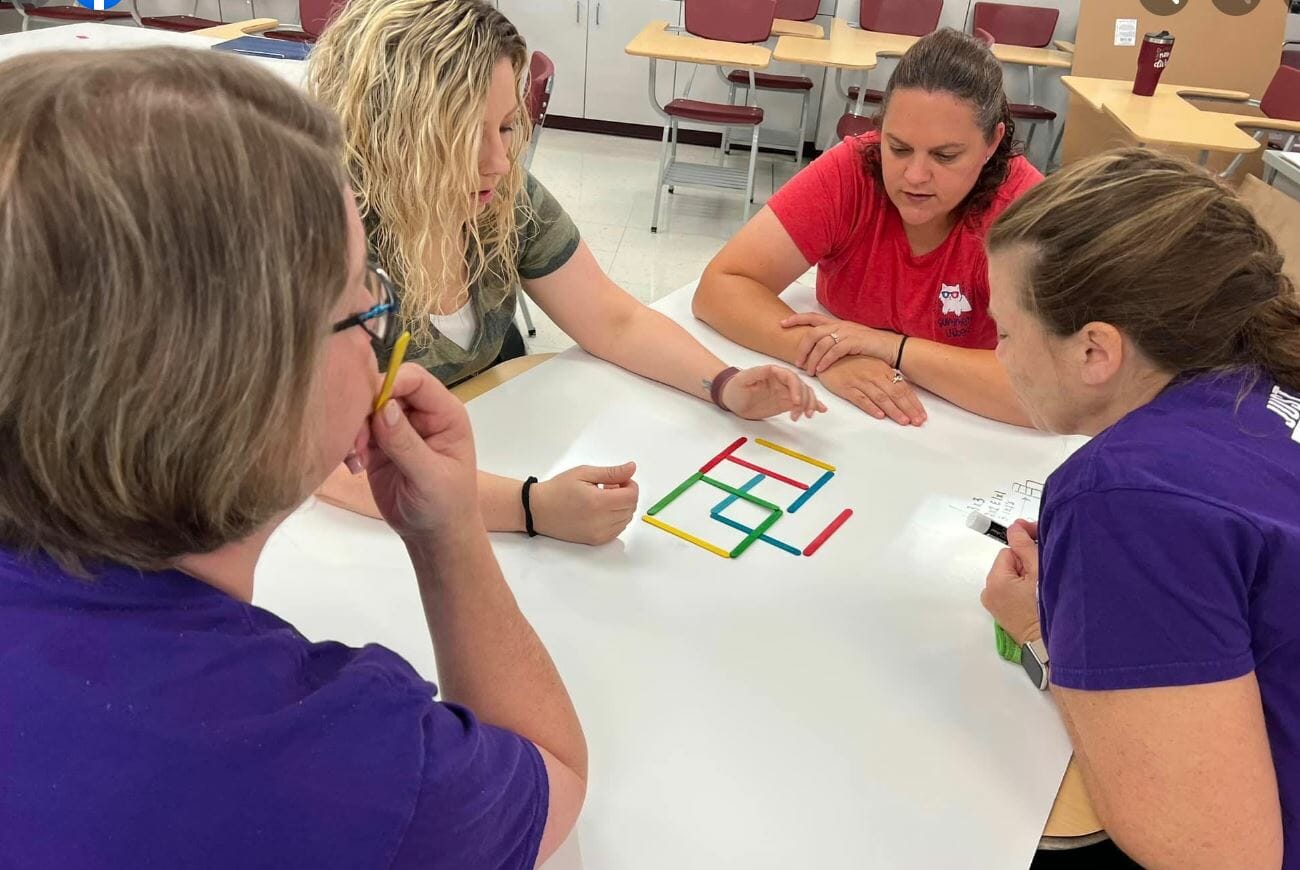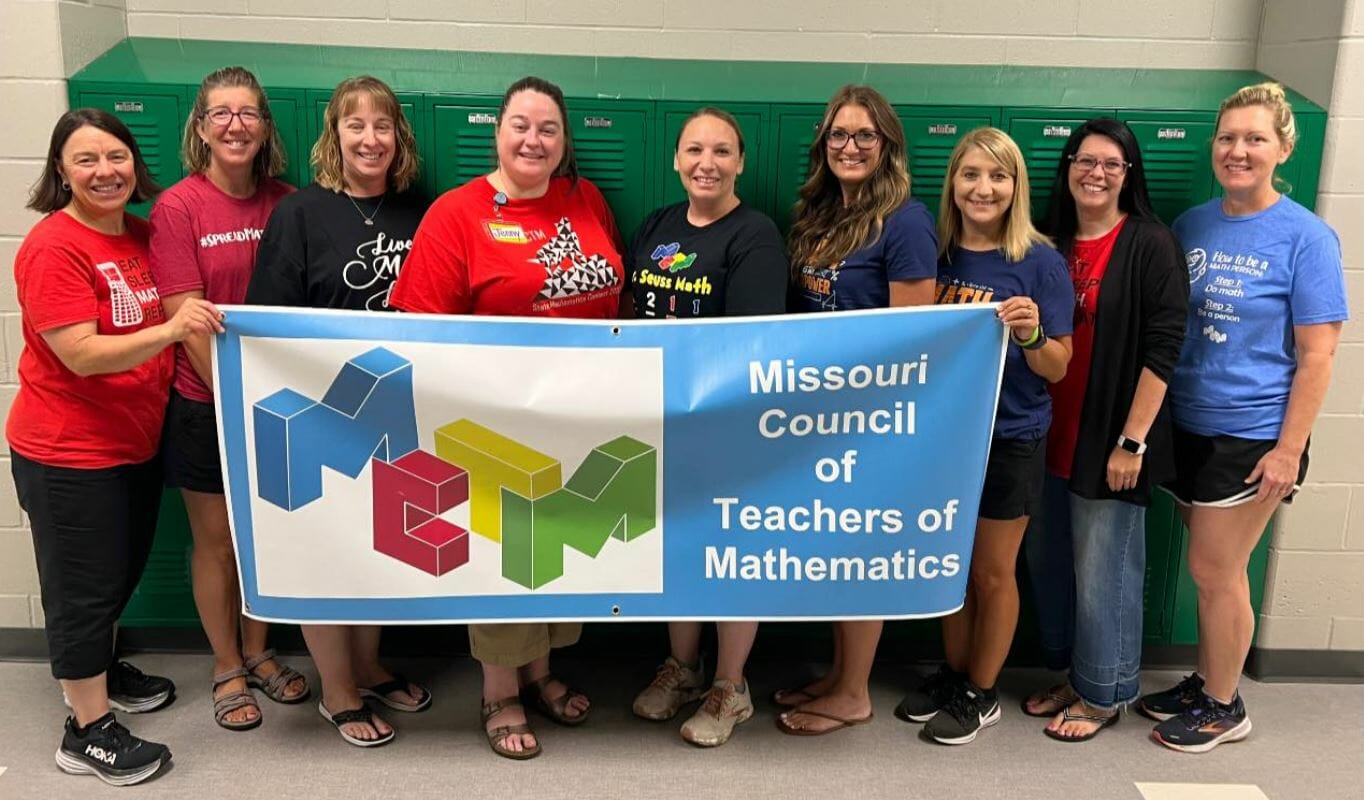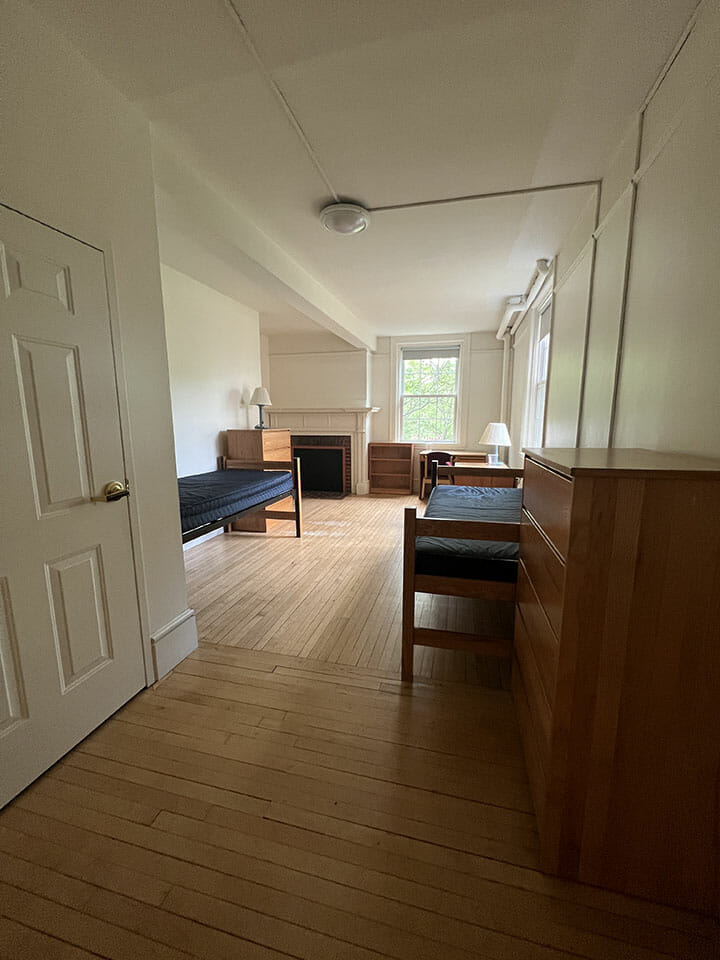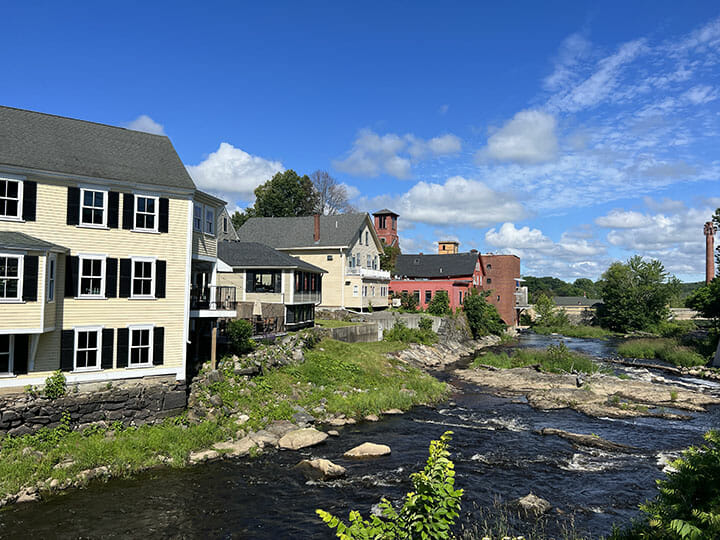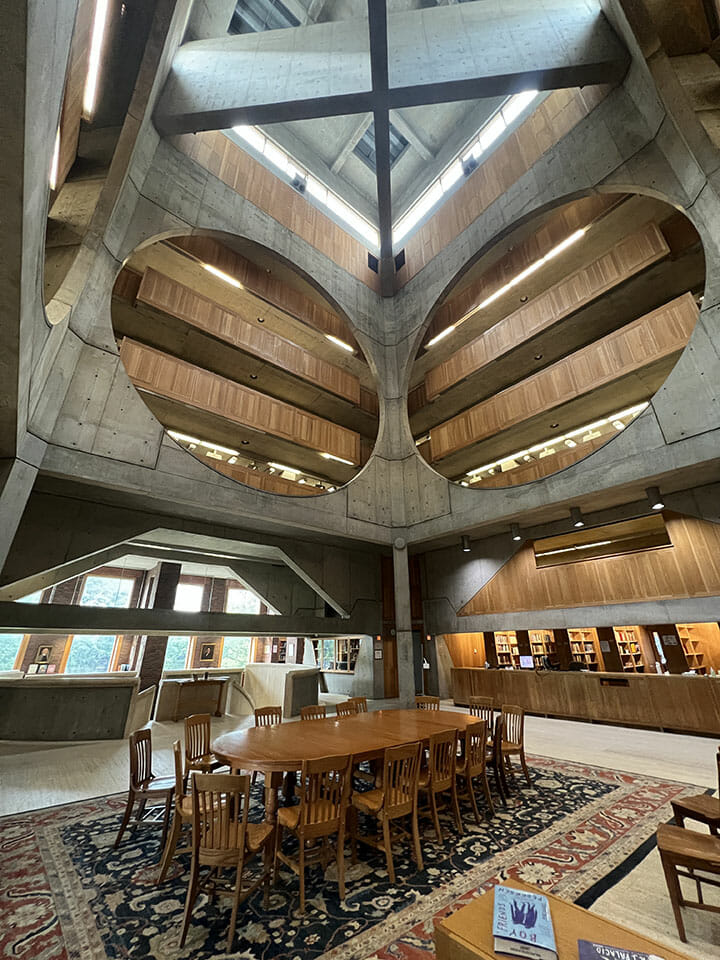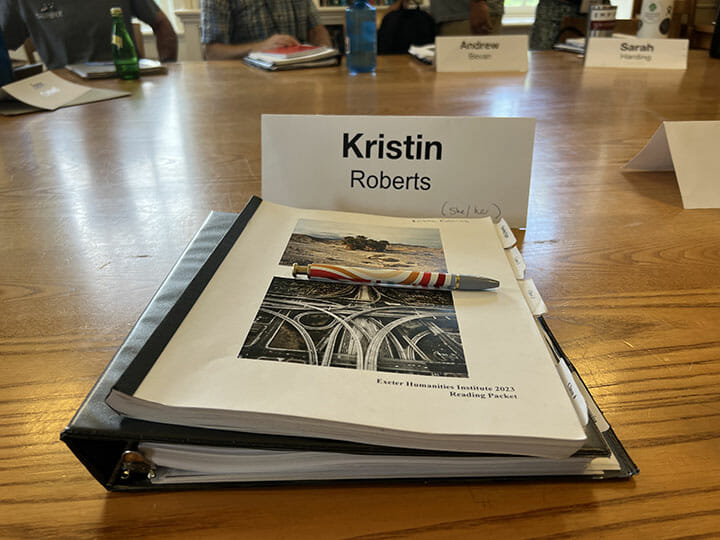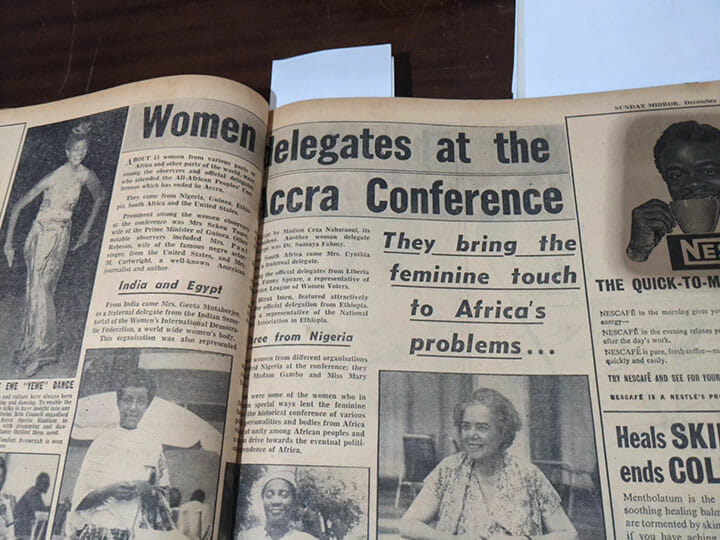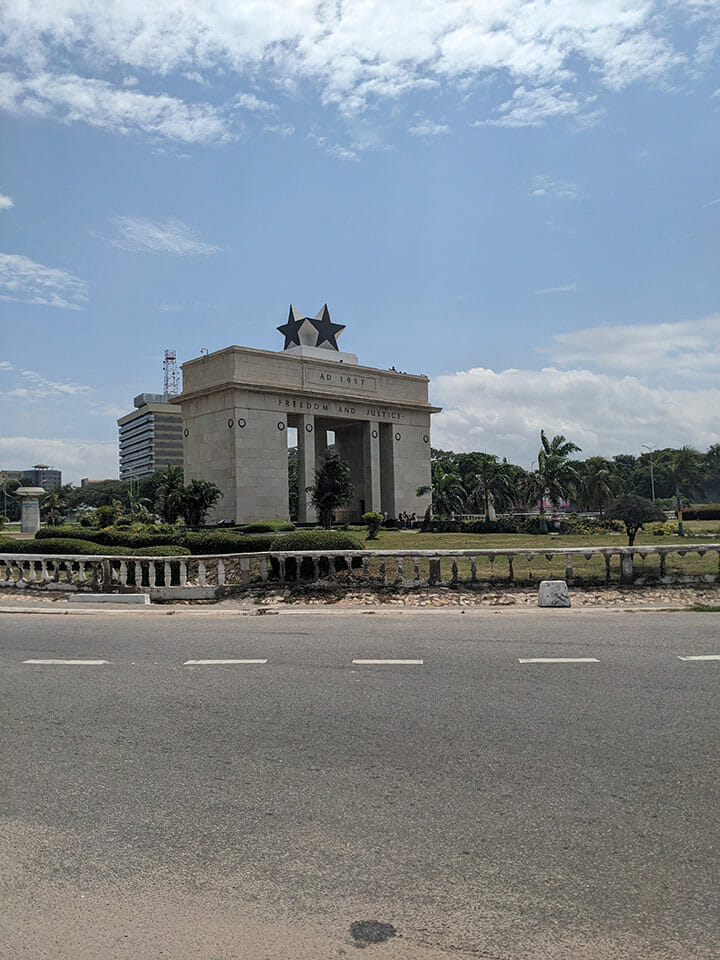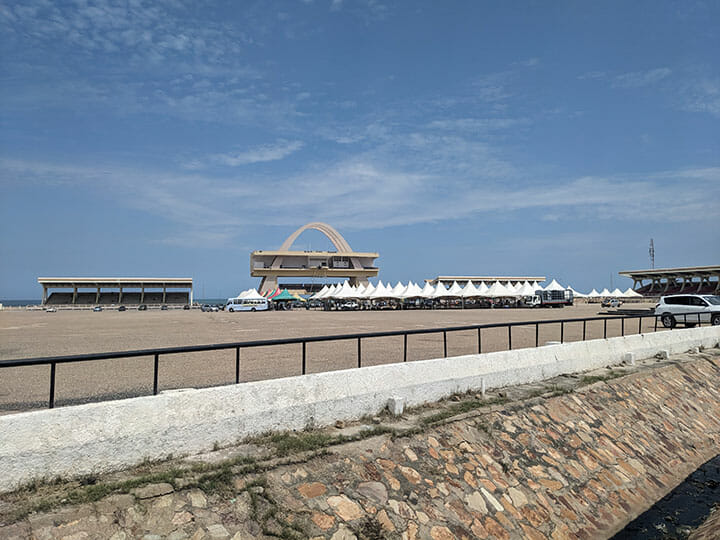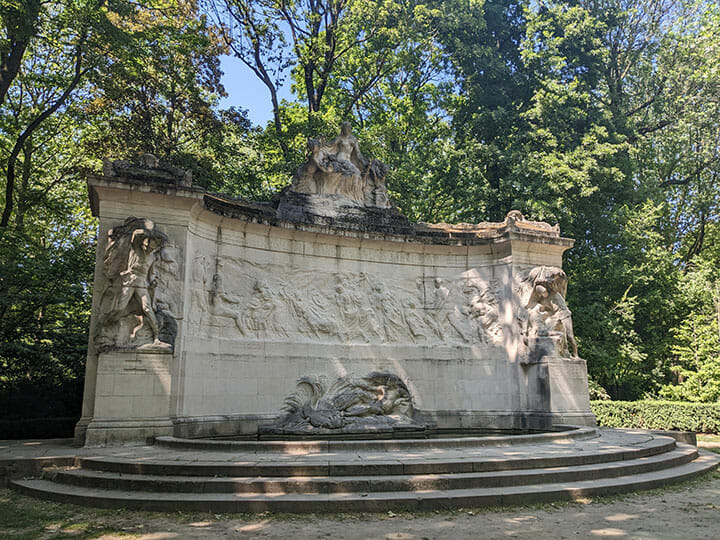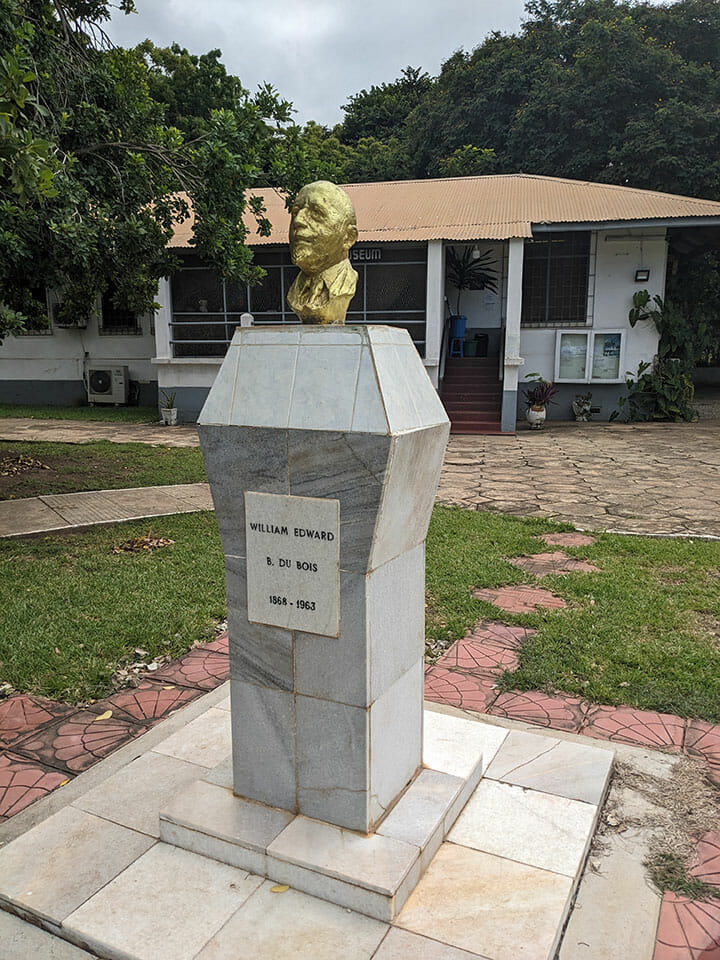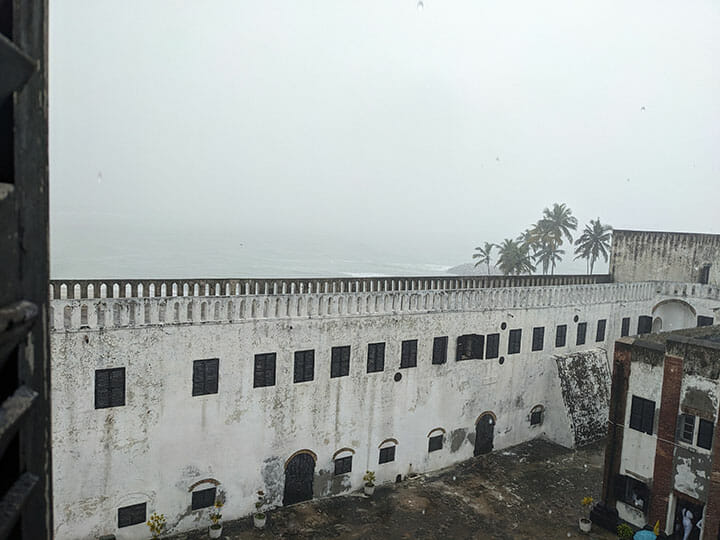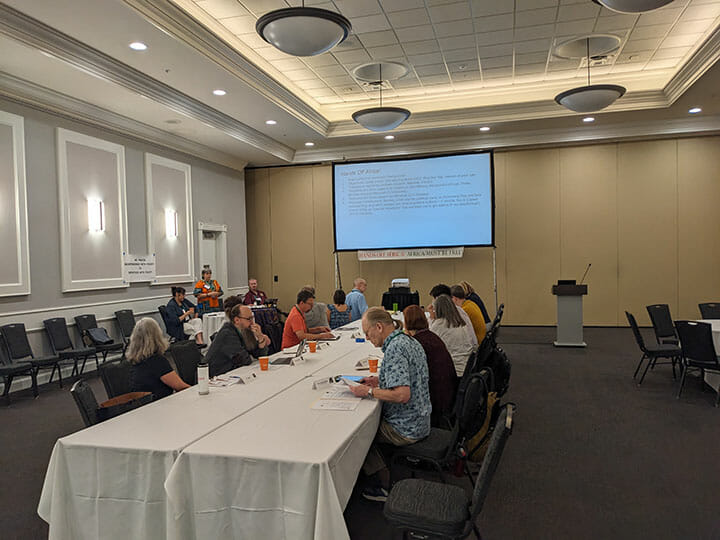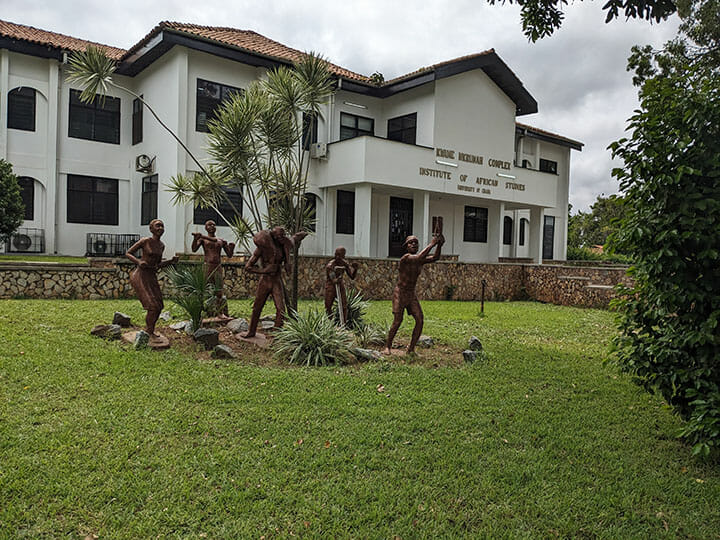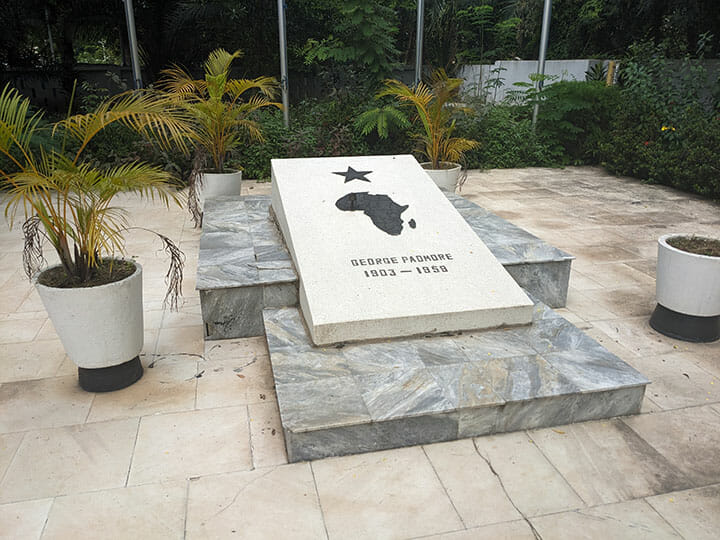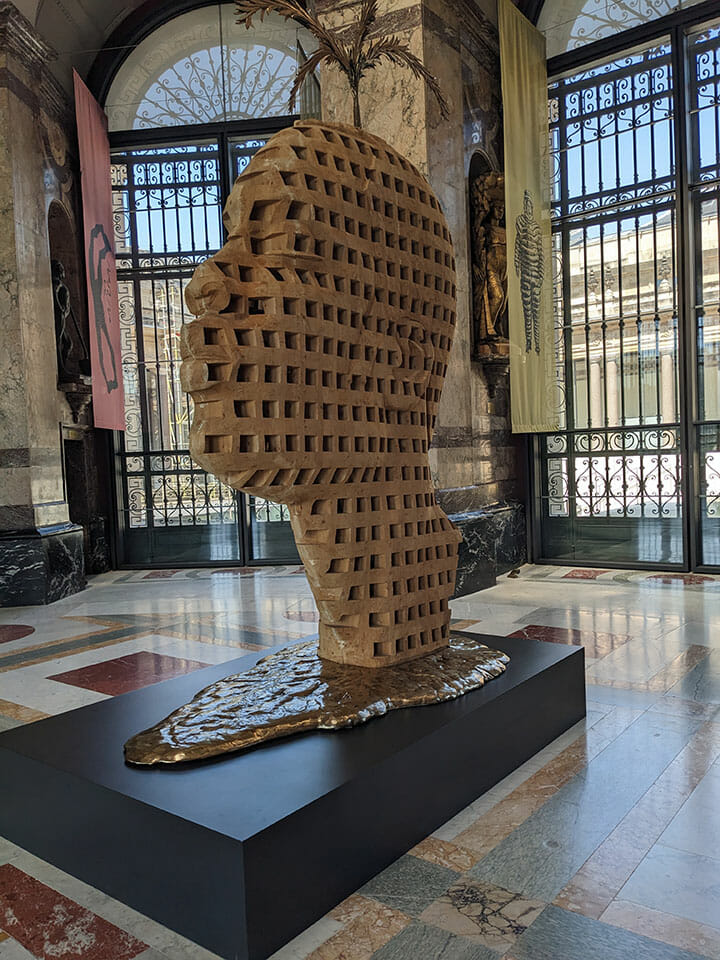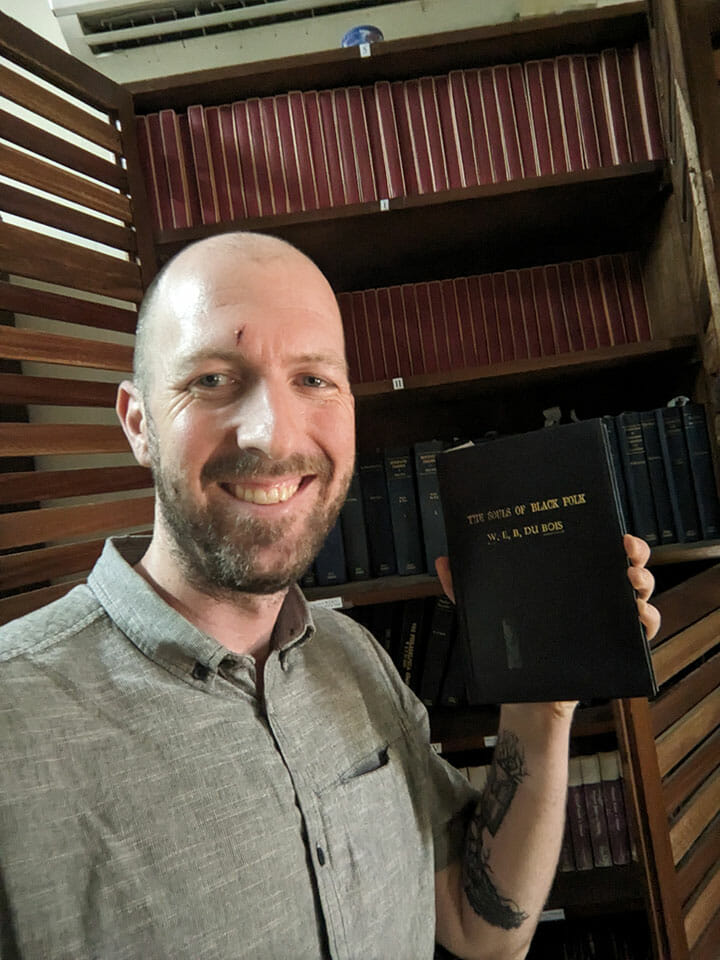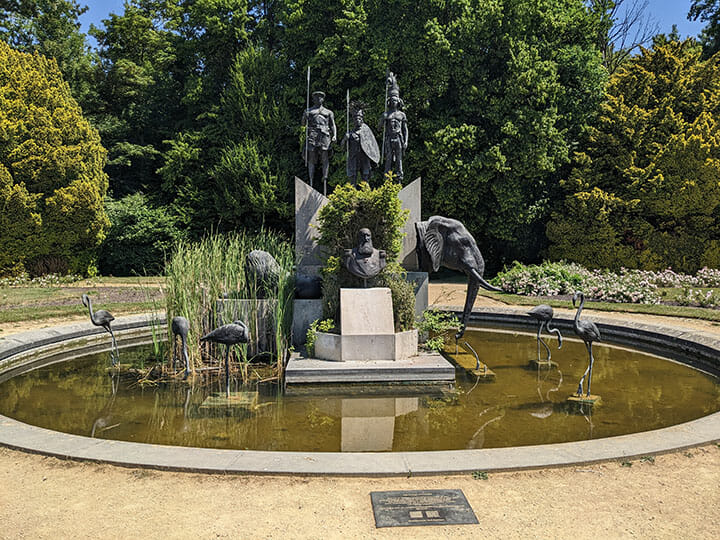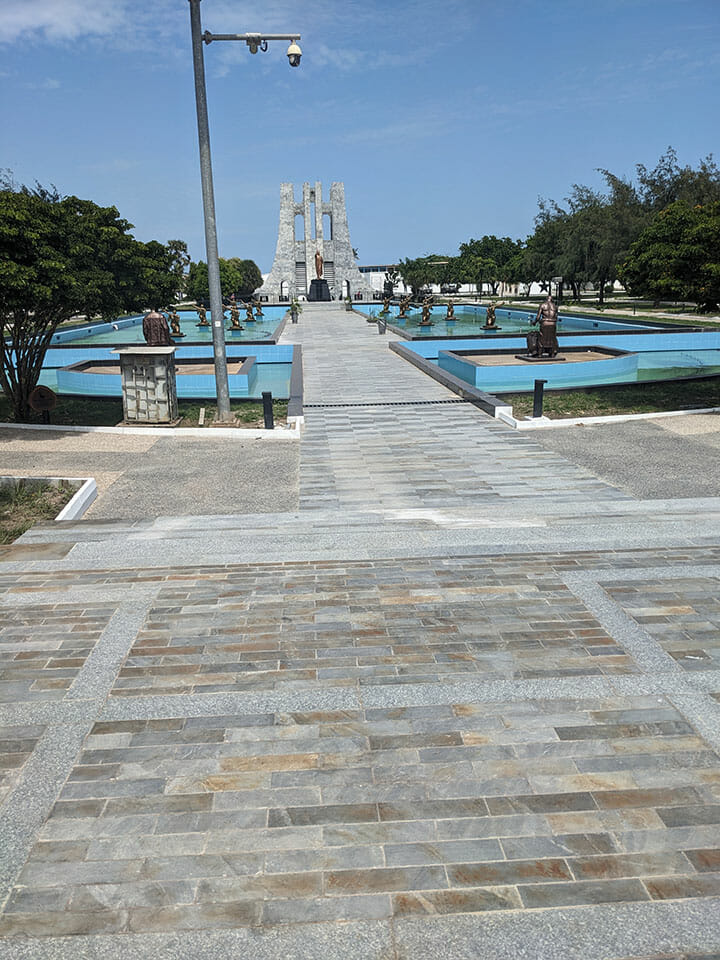Our talented, creative teachers transform over the summer. In addition to enjoying some much-needed time off to reflect, recharge, and prepare for the next school year, they become students themselves. Check out how a few of our teachers spent part of their summer and what they’re bringing back to their classrooms for their students to learn.
Laura Pupillo, Lower School Science Teacher
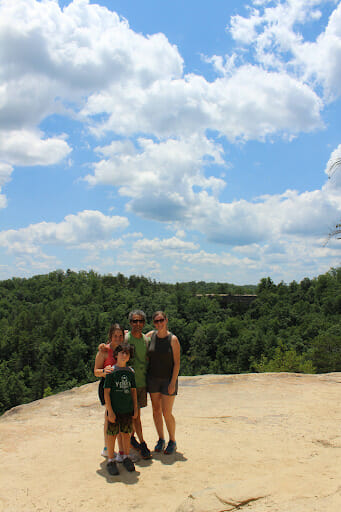 Pupillo divides her summer into three distinct growth opportunities: school, personal, and family.
Pupillo divides her summer into three distinct growth opportunities: school, personal, and family.
At MICDS, she spent time with the Lower School Thematic Weeks Planning Committee, where they established dates for the year and researched exciting resources for four fantastic weeks throughout the year: Flowers, Pumpkins, Winter, and Sustainability. She appreciated that new teachers added new possibilities. Flower Week happened in early September, and Pupillo reported that “Seeing the joy on our student’s faces made that work certainly worth it.”
At home, she worked on improving her pollinator and food gardens. “I tried some new techniques and have expanded our garden spaces. We pulled our largest spaghetti squash harvest yet, and our other plants are still producing regularly. It was nice to have the time to dive into the garden and increase ideas for student gardens at school,” she said.
The Pupillo Family completed their road trip across the United States this year. “Last year, we drove to the Pacific Ocean, and this year we made it to the Atlantic. Along the way, we stopped at two gorges: Red River Gorge in Kentucky and New River Gorge in West Virginia. Both areas are incredible examples of the power of water erosion. I got some great pictures that I look forward to sharing with my LS Science students when we study how water can change the land.
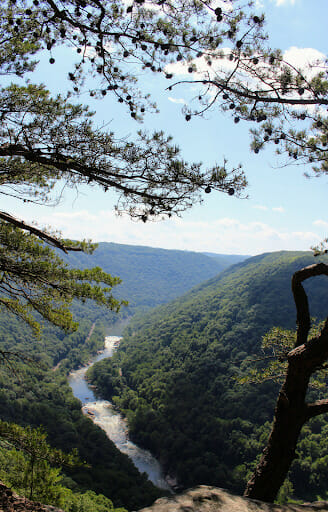 At New River Gorge, I expanded my understanding of the history of rivers. Last year as part of our paleoclimate studies, many classes became fascinated with the study of rocks and the Eras of Life on Earth. Visiting New River Gorge was such a perfect connection to these studies. New River’s name is a bit deceiving, as it’s likely the oldest river in North America. Rather than carving around the Appalachians like most new rivers, New River cuts across the Appalachian Plateau due to its age. It’s older than the Appalachians. Geologists estimate that New River Gorge has been its present course for at least 65 million years. If a river could talk, there would be some fascinating stories. Thankfully, we can take a peek back in time by examining the rocks the river left behind. When we get back to our paleoclimate studies, I’ll be sure to connect what I learned during this experience.
At New River Gorge, I expanded my understanding of the history of rivers. Last year as part of our paleoclimate studies, many classes became fascinated with the study of rocks and the Eras of Life on Earth. Visiting New River Gorge was such a perfect connection to these studies. New River’s name is a bit deceiving, as it’s likely the oldest river in North America. Rather than carving around the Appalachians like most new rivers, New River cuts across the Appalachian Plateau due to its age. It’s older than the Appalachians. Geologists estimate that New River Gorge has been its present course for at least 65 million years. If a river could talk, there would be some fascinating stories. Thankfully, we can take a peek back in time by examining the rocks the river left behind. When we get back to our paleoclimate studies, I’ll be sure to connect what I learned during this experience.
In addition to the incredible geology connections, we explored how the railroad and coal initially brought new development to this area and how celebrating the beauty of the land and preserving the wild areas is what sustains it. Reading about the history of the gorge and how its beauty protects it made me think about the importance of getting students outside into nature as often as possible. If you spend enough time in an area, you learn to see its beauty and work to protect it.
I’m continually grateful for my time in the classroom, but am equally grateful for these free moments when I can pause and reflect on life, the Earth’s beauty, my family, and my practice.”
Diane Broberg, JK-12 Math Department Chair, and Dr. Jody Marberry, Middle School Math Teacher
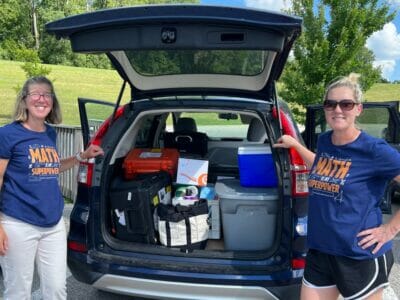 Broberg and Marberry took their math show on the road this summer, presenting for the Missouri Council of Teachers of Mathematics (MCTM) at four two-day workshops in St. Joseph, Columbia, Poplar Bluff, and Springfield, Missouri.
Broberg and Marberry took their math show on the road this summer, presenting for the Missouri Council of Teachers of Mathematics (MCTM) at four two-day workshops in St. Joseph, Columbia, Poplar Bluff, and Springfield, Missouri.
Their session invited participants to “Join us on an exploration of math from multiple perspectives. Together we will investigate mathematical tasks that allow students to develop critical thinking and problem-solving skills. From geometry to coding to algebra to statistics, we will walk through math as a discipline that involves active engagement and participation. During our two days together, we will collaborate and dive into activities that allow us to ‘Build thinking classrooms.'”
“We worked with activities that helped teachers further develop thinking classrooms while also adding technology and coding to their classroom activities,” said Broberg.
Broberg also led a Texas Instruments virtual workshop for teachers all over the world, part of her regular series of national webinars and trainings.
Jen Van Dyken, Meg Mottl, Jessica Lloyd, and Robin Campbell, Lower School Teachers
Four Lower School teachers attended the MCTM conference in Columbia, Missouri, thanks to our Loeb Fund for Mathematics Professional Development. Van Dyken, Mottle, and Lloyd enjoyed the sessions for upper elementary (grades three through five), while Campbell attended workshops for lower elementary (up through grade two).
Van Dyken reported, “Our main focus was ‘number talks,’ where we present a problem to the students, and they have to use only mental math to figure it out. We talked about all the different strategies used to solve the problem. Students are driving the strategies; teachers aren’t supposed to say anything. We just write down everything they say and come to a consensus as to the correct answer. You can never think of all the things they’re going to say, as they are using all different types of calculating.”
Campbell said the conference was helpful even beyond the sessions. “They provided us with a slide deck with all these resources we can pick and choose from. For example, we can use pictures, like doughnuts, to encourage calculating. It inspires me to think of how could that be a number talk.”
Van Dyken continued: “We also covered the importance of playing games in math and spent time playing the math games. We each got two math games to take home and also received a number talk book.” Campbell also took home two books: a number talk book and a picture book because, she said, “Almost any picture book can be used for math.”
The conference focused on moving away from a textbook and rethinking lessons that engage the students and encourage learning. For instance, one word problem might be, “There are six students who need to share three cookies and six oranges.” The students are given pictures they can cut out and show how they would share. Some students choose to cut the oranges and give everyone two halves. “This is done before fractions,” Campbell said, “But it lays the groundwork for them.” These types of activities are designed to introduce concepts before they are taught; the groundwork sets the stage for effective learning.
Mottl enjoyed the conference. “It was incredibly reinforcing,” she said. “I read an article a couple of years ago about the importance of starting every math lesson with a problem to engage students’ brains and get them actively thinking immediately. If it goes past five minutes, you lose them. The conference emphasized that that is key. The number talks, logic puzzles, and other activities to start off a lesson were eye-opening and reinforcing. We gained a toolbox of other really interesting evidence-based strategies and methods for engaging. A lot of variety is a good thing. The collaboration is always so nice. There are people from different parts of the state who bring different ideas.”
Van Dyken liked the interaction as well. “It’s always good to be with like-minded math people,” she said. “Everyone there was engaged. We had some spunky little arguments. It’s fun when you care about this stuff and get into it, get your thinking challenged.”
Humanities Work on AI Over the Summer
A coterie of humanities teachers (from the history department: chair Carla Federman, Kristin Roberts, and Max Campbell, and from English: chair Lynn Mittler, Ryan Bueckendorf, and Tex Tourais) gathered over the summer to tackle the thorny issue of artificial intelligence (AI) in the classroom. The team collaborated around three common goals: “Wrap our heads around what folks are doing, set a standard for ourselves on what is acceptable use for our students, and give tools to our colleagues to appropriately leverage it in the classroom,” said Mittler.
Teachers have been eager to tackle this emerging technology and are keen to stay ahead of the curve of what is clearly an ongoing challenge. “We realized that we have a responsibility to our students to teach them about it and help them see where it’s appropriate and meaningful to leverage,” said Mittler. The team also determined that use must be age-appropriate, as with any tool. “We took the fear away from the teachers working in this group and shifted to opportunity and responsibility,” she continued.
The team found a flowchart available through a Creative Commons license from The United Nations Educational, Scientific and Cultural Organization (UNESCO) and printed posters for humanities classrooms before the school year began. (This flowchart is featured in our recent article about intelligence reporting.) Beyond being a great resource for students and teachers, the team found it helpful to see that different organizations are also grappling with the complexities of AI.
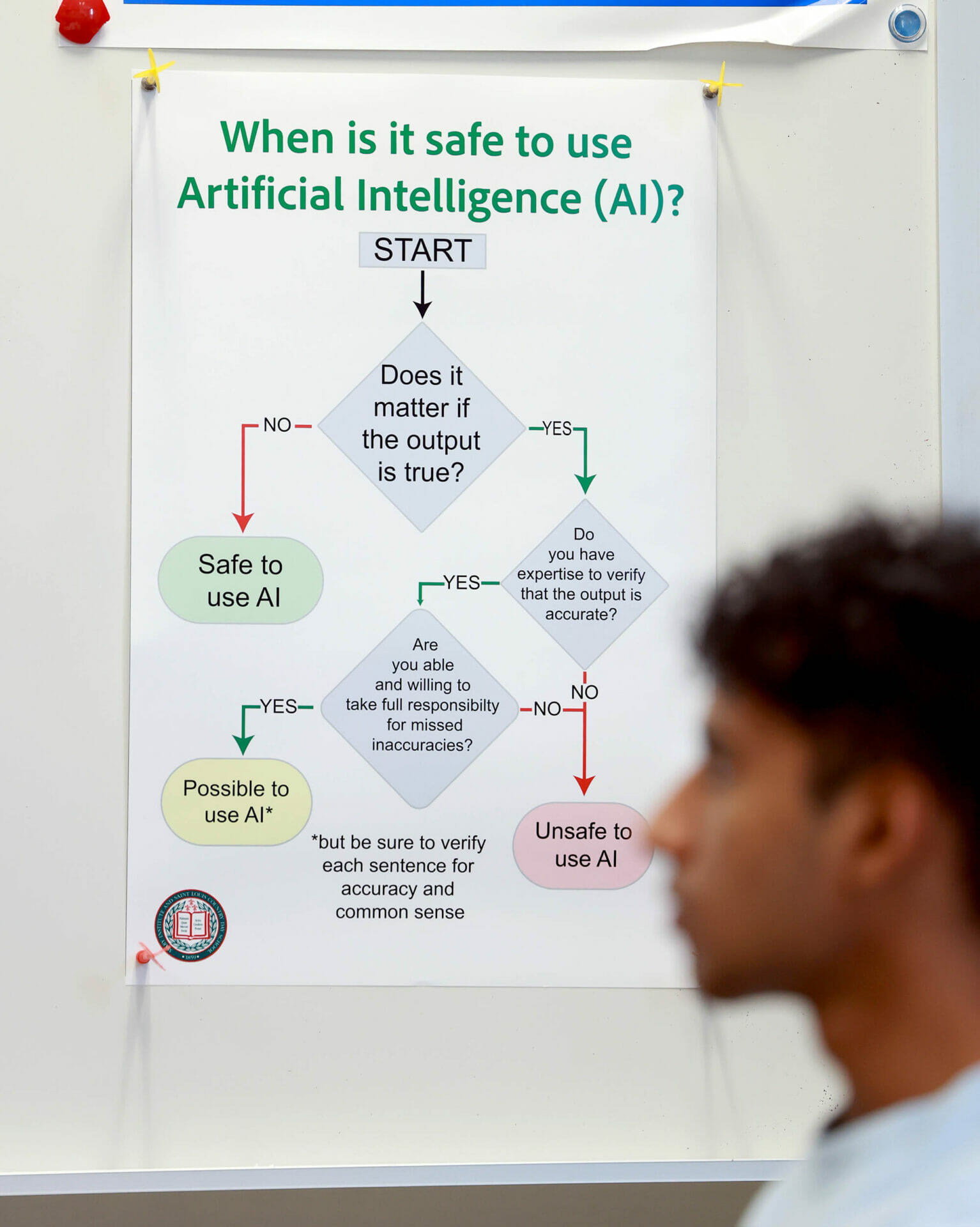
“We’re also realizing how biased AI is right now,” said Mittler. “So that’s a huge thing we are sharing with our students: you can use it, but you have to know it’s only going to provide you with one perspective while we’ve taught you to look at multiple perspectives. That’s how some teachers will leverage it. Instruct the students to have AI do a task, and then critique the AI’s output.”
Kristin Roberts, Upper School History Teacher
Roberts used her Rivinus sabbatical grant to attend the Exeter Humanities Institute at Phillips Exeter Academy in Exeter, New Hampshire, to learn about the Harkness method and student-centered discussions from their faculty. “It was a great week ‘being a student’ of Harkness—engaging in that style of discussions every day, doing the homework to prepare, and even staying in the dorms!” said Roberts. “I have practiced different forms of student-centered discussions in my classes before, but the EHI provided a great opportunity to deepen my knowledge and refine my skills so that I can better incorporate the discussions into my classes this year. Taking what I learned, my AP Government classes will be engaging in a series of Harkness-style student-centered discussions as a way for them to gain a deeper understanding of the content through a collaborative approach, and, more importantly, for us to practice and refine their abilities to ‘converse to comprehend, not convince’ as our political climate gets more heated leading up to next year’s election.”
Alexander Rolnick, Upper School History Teacher
“I received the MI Class of ’57 Endowed Fund for Faculty Continuing Education, which I used to travel to the Netherlands, Belgium, and Ghana to focus on learning more about colonialism and its legacies,” reports Rolnick. “I wrote quite a bit over this time, but some of my major highlights, activities, and takeaways are:
- Belgium: Visits to monuments related to colonialism and the Royal Africa Museum—the legacy of, and questions about, colonialism are still very much alive.
- Ghana: tours and archives visits—Ghana is a place of contradictions, of growth and development, of people remembering history and trying to live up to the ideals of its founders while at the same time struggling with corruption and the legacies of colonialism.
“In Ghana, I was also able to tour Elmina and Cape Coast Castle, which are both intense experiences that helped me to understand the legacy of the slave trade better. I also spent time in Ghana’s National Archives working on research for my AAPC role-play activity.”
Rolnick also attended the 2023 Annual Reacting Institute, which was helpful in his prep for his Winter Term Role Playing History class. “Later in the summer (on my own dime), I attended the Reacting Game Design Conference, where I presented the AAPC role play with my collaborator at Grand Valley State University to a number of university faculty. That activity has recently been submitted for review, and the game book is taking its first step toward publication as part of this review.”
Dr. Tanya Roth, Upper School History Teacher
Dr. Roth enjoyed two professional development experiences this summer:
On July 20, she attended the US Courts Summer Institute at the Eagleton Federal Courthouse. “This one-day session focused on the landmark Supreme Court Gideon v. Wainright decided 50 years ago,” she said. “This is the case that established the right to an attorney in a criminal trial, and the plaintiff in the case, Clarence Gideon, was actually from Missouri. We did a deeper dive into the case and how to teach it to students, but we also got to hear from current US Public Defenders and US Attorneys (prosecutors). I met people who do other careers in the legal field, such as following up when prisoners petition that their constitutional rights have been violated. We also watched court in session that day to see how matters like the right to an attorney play out in real-time.”
Dr. Roth also attended the week-long 2023 American Historical Association Online Teacher Institute in World History. “This was the first time the AHA had ever offered such a program to high school teachers, and it had great timing, coming in the final week of July/opening days of August,” she continued. “We heard from award-winning historians, as well as staff at the OER Project, which has some amazing World History resources I look forward to using in class. The opportunity to meet and discuss with other teachers across the country was a great way to re-activate my excitement for teaching our ninth-grade history course this year. I came away with a lot of new ideas.”
Sarah Elliott-Vandiver, Upper School World Languages Teacher – Spanish
Elliott-Vandiver traveled to the Northeast to immerse herself in the world of Walden Pond, and the man who made it famous. “Over the summer, I traveled to Concord, Massachusetts, to attend Approaching Walden, a one-week seminar that centers itself on Henry David Thoreau’s Walden, its teachings, and how to bring it into the classroom,” she said. “I had a wonderful experience learning about Walden, Henry David Thoreau, attending seminars, kayaking, and hiking in nature in the surrounding area with my classmates. It gave me so many ideas that I plan to incorporate into my Winter Term class as well as my Spanish classes.”
